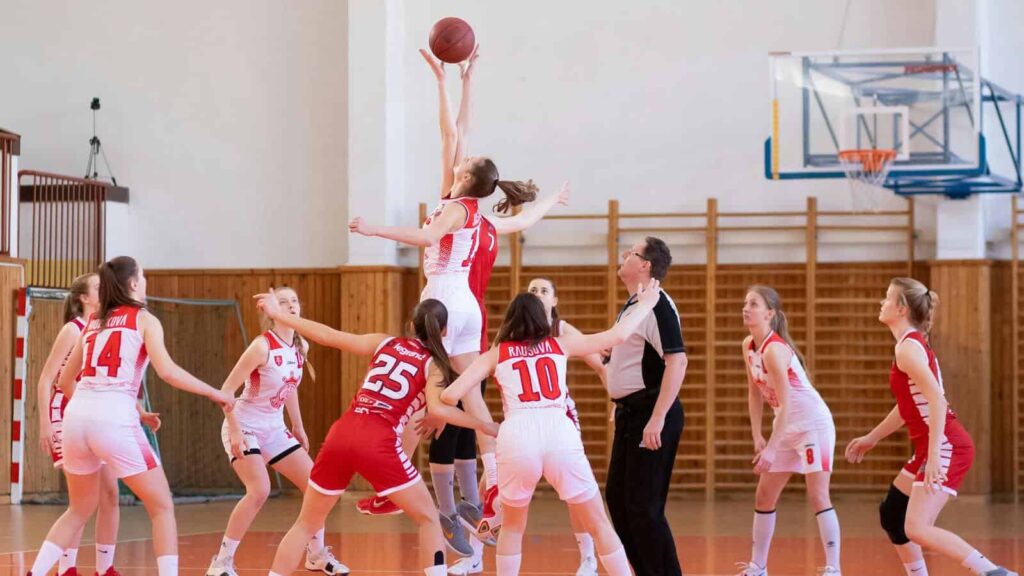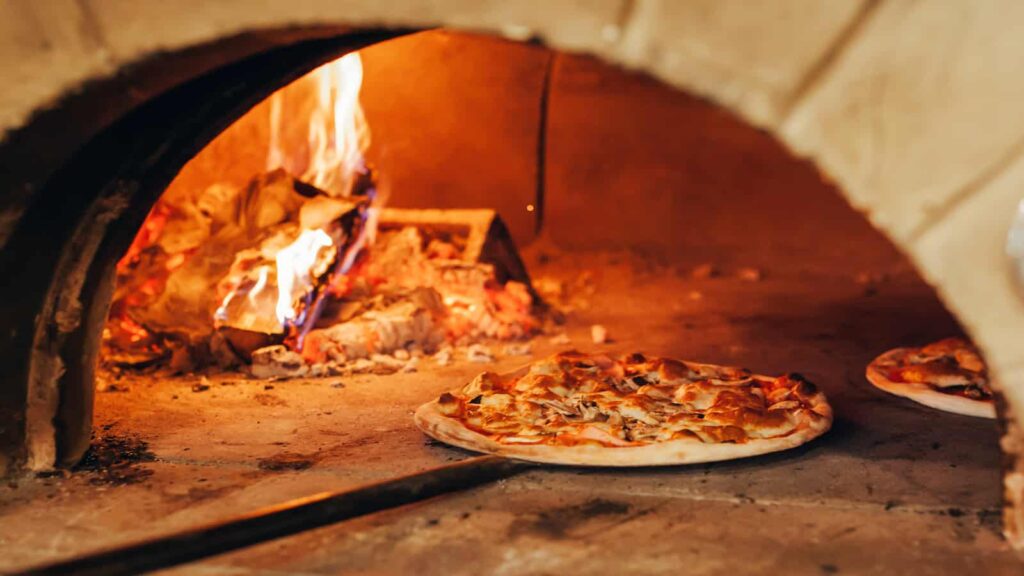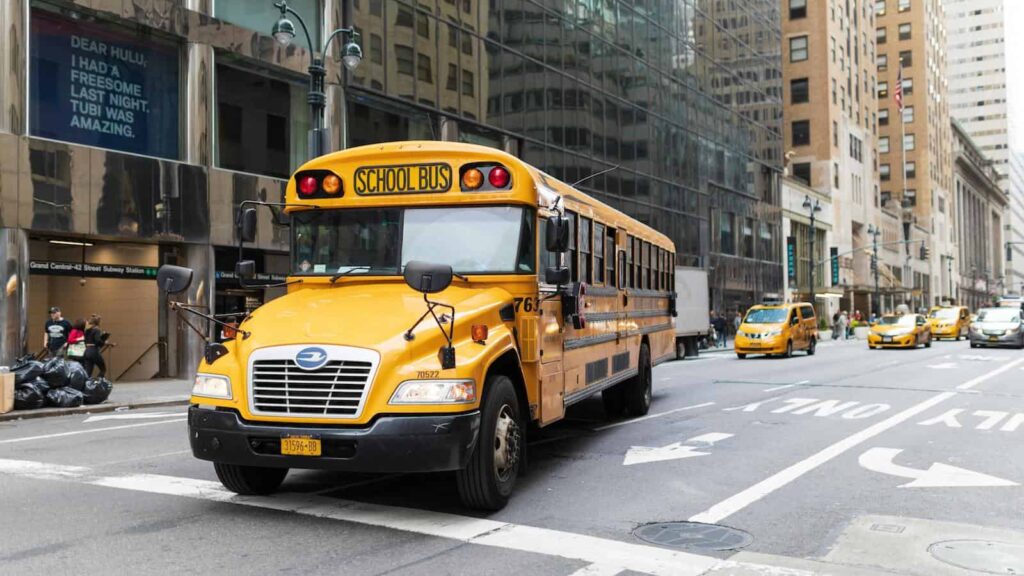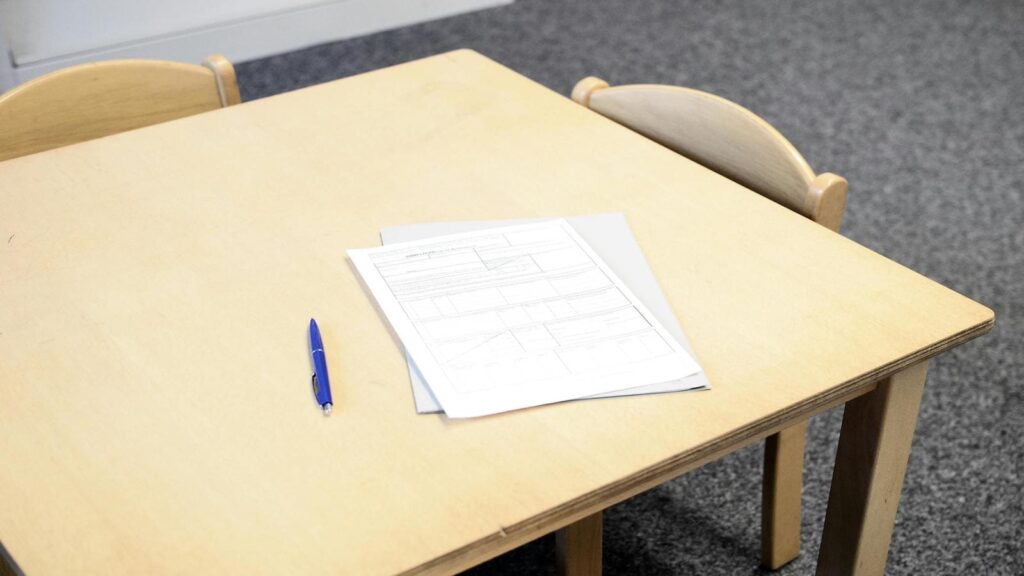16 Quite Shocking Differences Between French And American High Schools
16 Quite Shocking Differences Between French And American High Schools

Exploring the differences between French and American high schools reveals some surprising contrasts that go beyond language and geography. From classroom rules about bathroom breaks to the emphasis on extracurricular activities, each system has its own way of shaping students’ daily lives and educational experiences.
This comparison dives into various aspects, including how schools approach teaching, student freedom, and even what’s for lunch. Understanding these differences gives us a glimpse into how education reflects and reinforces the broader culture and values of each country.
1. Toilet Breaks During Class

In American high schools, students are generally allowed to leave the classroom to go to the toilet during lessons. However, in French high schools, students are expected to use the toilet during breaks between classes. This strict rule is intended to minimize disruptions and keep the focus on learning, but can be surprising for those used to the more flexible American approach.
2. Focus on Extracurricular Activities

American high schools place a significant emphasis on being involved in clubs and sports alongside academic studies. In contrast, French high schools prioritize academic learning, with a strong focus on subjects like mathematics and French literature. This difference highlights varying approaches to education and student development.
3. Availability of Foreign Language Classes

U.S. high schools typically offer a limited selection of foreign language classes, often focusing on Spanish or French. Conversely, French high schools usually provide students with the opportunity to learn 2 to 4 foreign languages, reflecting a broader emphasis on multilingualism and global engagement.
4. School Lunch Differences

School lunches in France are known for being more balanced and nutritionally rich, featuring a variety of courses. American high schools, on the other hand, often serve fast food items like corn dogs and pizza. This contrast points to differing attitudes toward food and health in schools.
5. Eating Restrictions in Class

In French high schools, eating during class is generally not allowed, reinforcing a formal learning environment. American high schools are more lenient, with some teachers permitting snacks. This difference reflects cultural variations in classroom management and student freedom.
6. Memorization vs. Understanding

In French high schools, students are expected to memorize information without aids, which can detract from deeper understanding of concepts. American high schools, however, sometimes allow formulas to be kept on the walls during classes, promoting a focus on application rather than rote memorization.
7. Teacher-Student Relationships

Teachers in U.S. high schools are often perceived as more friendly and laid-back, fostering a relaxed atmosphere that encourages interaction. French teachers tend to maintain a more formal relationship with students, emphasizing respect and authority.
8. Importance of Creative Classes

In American high schools, creative classes such as art and music are considered as important as academic subjects, offering a well-rounded education. French high schools, however, do not typically prioritize these areas, focusing more on traditional academic subjects.
9. Choosing Classes

American high school students have the flexibility to choose their classes, allowing for personalized education paths. French students, in contrast, follow a set program with little room for elective choices, ensuring a uniform academic experience.
10. Class Age Composition

In the U.S., high school classes often mix students of different ages based on their academic level or elective choices. French high schools group students strictly by age, with each grade moving through the curriculum together.
11. School Transportation

American high school buses typically stop at each student’s house, while French students often have to walk to a central bus stop. This difference in school transportation reflects varying infrastructure and approaches to student convenience.
12. Retaking Tests

In the United States, high schools usually allow students to retake tests to improve their grades. French high schools, however, rarely offer this opportunity, placing more pressure on students to perform well on their first attempt.
13. Catching Up After Illness

In the U.S., teachers are generally supportive of students who miss school due to illness, often providing lesson materials at the front desk. In France, students are responsible for catching up on missed work without additional support, highlighting a more independent approach to student responsibility.
14. Attitude Towards School Closures

Snow days and school closures due to weather are common in the U.S. but are virtually unheard of in France. Missing school because of weather can even be viewed negatively, reflecting a strong commitment to education regardless of external conditions.
15. Homework Load

American high schools are often criticized for giving little homework, whereas French high schools assign a significant amount that can occupy weekends and evenings. This heavy workload in France emphasizes the importance of academic achievement and discipline.
16. Senior Year Experience

Senior year in American high schools is filled with fun events, funded by the junior class, as a celebration of the end of high school. In France, the final year is focused entirely on preparing for the baccalauréat exams, with no time for events or relaxation, marking a stark contrast in the culmination of high school education.
14 Secrets About New York City You Probably Didn’t Know

We all know about New York City, its towering Empire State Building, fun Brooklyn and hipster Dumbo. The concrete jungle shines its light over the world and stands as the American Dream city. But NYC has many secrets! Here are 14 secrets about New York you probably didn’t know.
Read More: 14 Secrets About New York City You Probably Didn’t Know
12 US Culture Things Europeans Just Don’t Understand

Looking at the differences between American and European ways of life shows us some interesting things that often surprise people from Europe. This article talks about 12 things that Americans do that Europeans might find strange or hard to understand, showing how life and views can vary a lot from one place to another.
Read More: 12 US Culture Things Europeans Just Don’t Understand
15 Mistakes People Make When Visiting Utah

From not dressing right for the weather to missing out on hidden gems, these common slip-ups can affect your trip. To help you make the most of your visit, we’ve listed 15 mistakes people often make in Utah, along with tips on how to avoid them.
Read More: 15 Mistakes People Make When Visiting Utah
We are Mary and Eric, the founders of Be Right Back, a blog dedicated to romance around the globe and at home.
We are Mary and Eric, the founders of Be Right Back, a blog dedicated to romance around the globe and at home. With over 10 years of experience in dating and traveling to romantic places, we share our favorite date ideas and romantic destinations to help couples level up their relationships. Having lived in and traveled through the USA, we also share our favourite things to do in the States.
With 70,000 monthly readers and 16,000 followers on social media, Be Right Back is your go-to resource for romantic trip ideas and couple activities at home and abroad.
